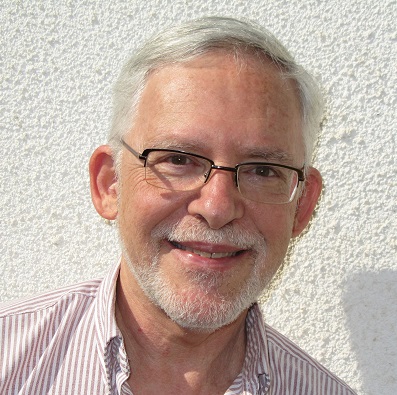Oh, No, an Article on Israeli ‘Apartheid’
Writing about Israel and apartheid is a losing proposition. It comes out defensive, gives credibility to the specious charges against Israel, and starts a fight that can’t be won because the other side doesn’t care about the facts.
So I really should stop writing. But I won’t.
The latest iteration of the “apartheid” saga is a tragedy. Israel made a deal with the Palestinian Authority to send 1.4 million doses of Pfizer COVID-19 vaccines now, in exchange for a similar number of vaccines the Palestinians are due to receive next year.
But the Palestinians called off the deal and sent back the first 90,000 doses, charging that they were too close to the expiration date. That set off a wave of criticism of Israel for giving the Palestinians out-of-date doses. Except they weren’t. Israel immediately used those very doses for its own 12-to-15-year-olds.
Then the Palestinians let it be known that they would like to reopen the negotiations.
Exasperated, I concluded that once again, as with Israel’s offers of a Palestinian state in the West Bank, Gaza, and parts of Jerusalem that the Palestinians turned down in 2000 and 2008, their leaders were once again prioritizing the politically rewarding suffering of their people over their welfare, and using the whole saga to bash Israel. I suggested that Israel should resume the negotiations, and then negotiate for a very, very long, long time, and in the meantime give the doses to someone who would actually use them instead of playing politics with them.
All that is accurate, as far as it goes, but there’s more. It turns out the prospect of receiving vaccination doses from Israel enraged Palestinians on social media, and the uproar “forced” the leadership to cancel the deal. That’s even worse than my scenario.
So how does this fit into the apartheid story? Like this: Under the Israeli-Palestinian interim peace accords, the Palestinian leadership controls about 40% of the West Bank, where more than 90% of the territory’s Palestinians live. Israel rules the rest with a mixture of military and civil law. That appears to be apartheid by definition – two unequal governments for two peoples in the same land.
But no. Apartheid comes when separate rules are forced upon a powerless minority. And despite their best efforts to appear as powerless victims, the Palestinians agreed to the arrangements, signed on to them, and have had their self-governing authority in place for 25 years. Evidence is the PA’s independent decision to call off the vaccine deal. Add to that the fact that Israel pulled its settlers and soldiers out of Gaza in 2005, and it’s under total Palestinian control.
Please spare me the meritless argument that, in spite of all that, Israel still “occupies” Gaza because it controls its borders with the Hamas-ruled territory (as does Egypt). If that’s occupation, does Germany occupy France? Does Belgium occupy Holland? Nations control their own borders. That’s what the borders are for. Oh, but the Palestinians don’t have a state? Please refer to the abovementioned two proposals they rejected.
Now how about Israel itself, where it’s common knowledge that Arab citizens suffer under the yoke of the oppressive Jewish regime? Not.
For the first time, there’s an Arab party in the coalition government. There have been Arab ministers in the government before as members of predominantly Jewish parties, but this is a big deal: the representatives of an entirely Arab, Islamic party have a direct say in policy – and more importantly, are taking responsibility for it.
Meanwhile the society has moved far past the government when it comes to opportunities for Arab Israelis.
I recently had the chance to spend quite of bit of time at Sheba Medical Center near Tel Aviv. It prides itself on being named among the top 10 on Newsweek’s “World’s Best Hospitals 2021” list.
At some point, I wondered if anybody there spoke Hebrew. Many of the nurses and orderlies were from the Arab Israeli community or were immigrants from Russia or Ethiopia. Also among the Arab Israelis on staff: many doctors, including one of the three surgeons I dealt with.
Yes, folks, there are Arab doctors in Israeli hospitals. And at my local pharmacy, almost all the pharmacists are Arabs. Overall, about 17% of Israel’s doctors are Arabs, as are 25% of the nurses and about 40% of the pharmacists.
That’s not to say there are no problems. The Arab community suffers from income and education gaps, inadequate infrastructure and housing issues.
But one thing there isn’t: apartheid. Just as no one notices who’s Arab and who’s Jewish at my favorite open-air market, no one pays much attention to ethnicity at the hospital, either. We’re so far past that.
So I went and wrote about Israel and apartheid. I just couldn’t help it.



